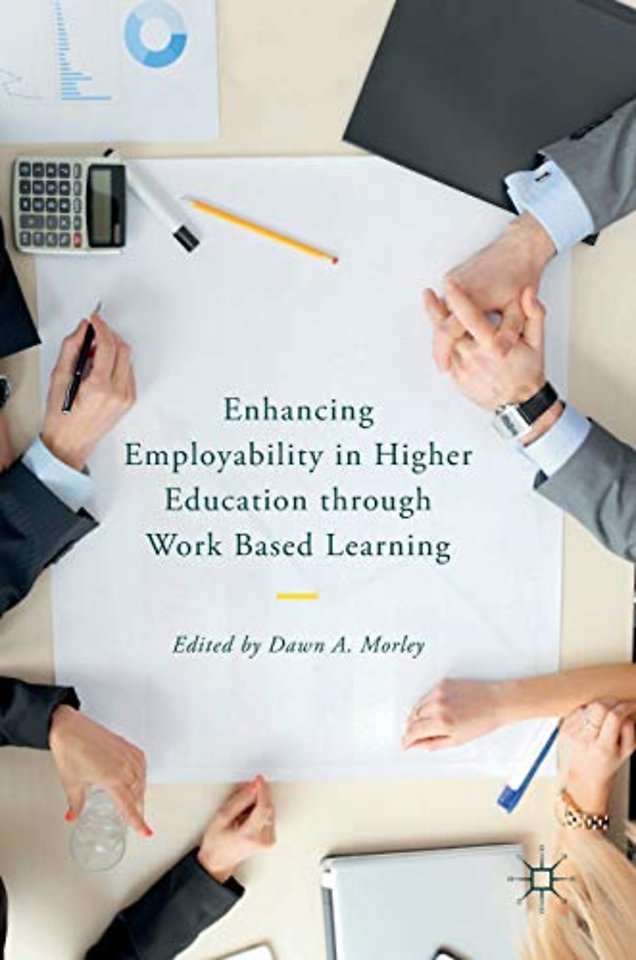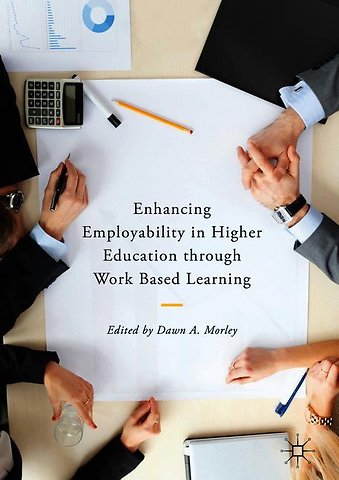Enhancing Employability in Higher Education through Work Based Learning
Samenvatting
This book focuses on a renewed interest in work based learning in higher education. Due to an increased emphasis on employability in the graduate population, supported by wider policy changes, work based learning is becoming an increasingly pressing issue in higher education. The authors detail innovations from a breadth of UK universities, where academics have creatively addressed changes in work based learning structure, pedagogy and support systems. These changes in turn recognise the impact of real-life learning experiences on student progression, on both an academic development and a personally transformative level. Encompassing a wide variety of topics, the examples within the book are supported by theory and carefully detailed practice pedagogy. This valuable edited collection will be of interest to practitioners and scholars of work based learning and higher education, as well as a useful practical guide for academic developers.
Specificaties
Inhoudsopgave
Net verschenen
Rubrieken
- aanbestedingsrecht
- aansprakelijkheids- en verzekeringsrecht
- accountancy
- algemeen juridisch
- arbeidsrecht
- bank- en effectenrecht
- bestuursrecht
- bouwrecht
- burgerlijk recht en procesrecht
- europees-internationaal recht
- fiscaal recht
- gezondheidsrecht
- insolventierecht
- intellectuele eigendom en ict-recht
- management
- mens en maatschappij
- milieu- en omgevingsrecht
- notarieel recht
- ondernemingsrecht
- pensioenrecht
- personen- en familierecht
- sociale zekerheidsrecht
- staatsrecht
- strafrecht en criminologie
- vastgoed- en huurrecht
- vreemdelingenrecht

